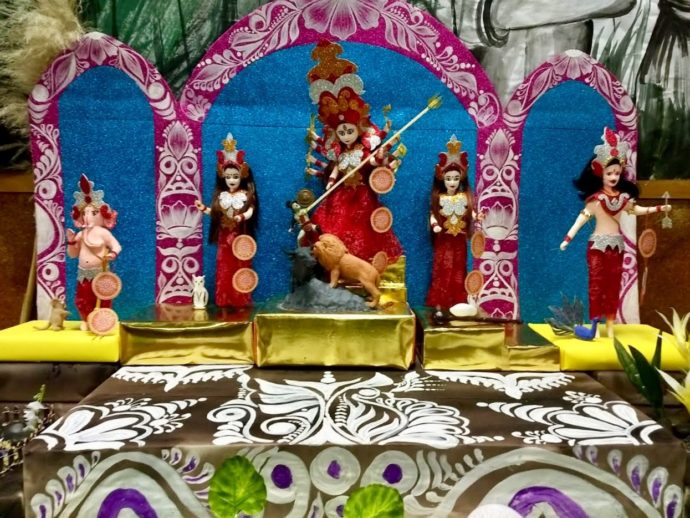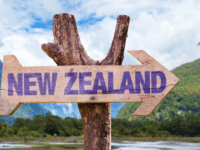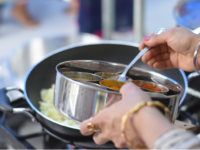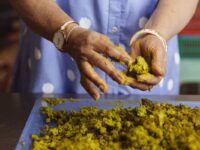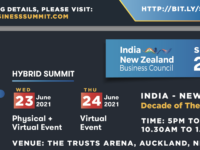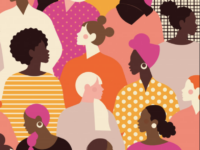Dunedin delighted by the divine Durga
Dr Paula Ray
What do you get when you put a bunch of Indians together? The answer most likely is an Indian community association. And, what is the first thing the association would do if the said Indians belong primarily to the Bengali sub-community? They would celebrate Durga puja – the most important festival for Bengalis.
That’s exactly what a bunch on Bengalis did in Dunedin. Their journey started last year, when they heralded the first-ever Durga Puja celebrations in the sourthern-most point on the globe, by putting together the Durga idol locally. Jaydeep Sinha, one of the enthusiasts, says bout the 2017 celebration, “The idea was conceived just a month before the Pujas, over a casual coffee among a few PhD students from Otago University.”

As resources to make the idol were limited to Dunedin and its surrounding areas, all that Nilanjan Ghosh, a first-year PhD student then, “could gather were clay, acrylic paints and some accessories for decoration,” says Sinha. In three weeks flat, the mini Durga idol was completed, “which was not easy given Nilanjan’s research commitments. He is now being popularly referred to as the local ‘Pal’ (a surname given to idol artists in Bengal) among his friends because of his extraordinary aesthetics. Certainly, this wouldn’t have been possible without wife Deepanwita.”
The event was so successful that in 2018 they formed the Dunedin Bengali Association. Dr Aniruddha Chatterjee, vice president of the association and Rutherford Discovery Fellow at the Otago University, claims that this is not a religious organisation, but is open to all faiths. “We will celebrate festivals, superseding religion over culture,” he says. Anyone of any ethnicity can become a member, although the core programme will be run by Bengalis.
Dunedin North MP and Minister for Health, Dr David Clark, inaugurated this year’s Puja too that was held over the Labour weekend at Balmacewen Bowling Club, Maori Hill. Not only did attendees get a glimpse of the cultural festivities of this diaspora, but also had an opportunity to get involved with the celebrations.


Unlike last year, when the rituals were performed by an amateur locally-sourced makeshift priest (read: another PhD student), this year the rituals went hi-tech. The diasporic community used video chatting as the medium for cultural rituals. As per the Hindu shashtras (religious texts), the customs were guided by a priest (purutmoshai) all the way from Calcutta, the seat of Bengali beliefs, via Skype. While the priest chanted the mantras (hymns) – at an ungodly 3 am Indian time – and gave instructions virtually, a real person in Dunedin become his extended arm and performed the rituals in real time. What more do you expect when most of the Association’s members are scientists and engineers?
But there is something that makes Bengali festivals unique from other Indian festivals. It’s the fact that while the rest of India fasts during the festive season, Bengalis feast in full fervour. In keeping with the tradition, mouth-watering Bengali delicacies were rustled up by Babu-da, aka Biswanath Rao, a Queenstown-returned chef, renowned in the said circles.


